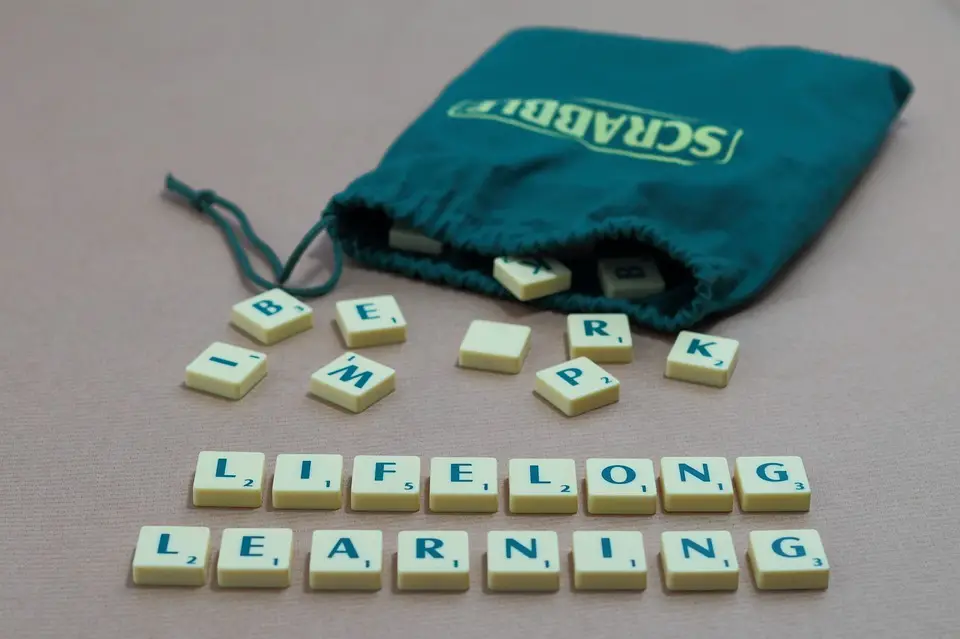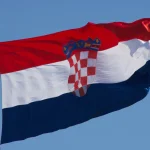As Poslovni Dnevnik/Nikolina Petan writes, new technologies require the creation of new jobs, which can result in a number of disruptions, as a number of workers have to change careers, leading to an even more pronounced mismatch between supply and demand on the labour market.
The gap between need and supply is one of the main long-term problems of the Croatian labour market, which the relevant institutions are trying to solve through various measures. As suc, back at the end of December last year, Croatian Parliament passed amendments to the new Adult Education Act, and earlier this year the CES adopted new Active Employment Policy Measures for 2022, which include both the unemployed and the employed. The new measures include something called Croatian education vouchers.
Among these measures, which will encourage employment, self-employment, education and training, and ultimately stimulate economic growth through green and digital methods, include on-the-job training and education in various adult education institutions.
One of the key challenges to acquiring skills is the very low participation rate of Croatian adults in lifelong learning. The aim of these new measures is, therefore, to enable the greater participation of both unemployed and employed persons in lifelong learning with an emphasis placed on acquiring skills related to the green and digital transition and to provide employers with a quality workforce.
“Although there are more than 600 registered adult education institutions across the Republic of Croatia that implement or have implemented more than 11,000 educational programmes, there was no defined quality assurance system that would ensure quality and effective education focused on individual and labour market needs.
According to the former legal solution, adult education institutions received a decision from the Ministry of Science and Education to implement formal adult education programmes of unlimited duration, which resulted in programmes that were methodologically and substantively outdated, and sometimes inconsistent with changes in regulations from individual areas, which couldn’t always guarantee an adequate level of quality.
In the system of adult education, there were still many problems in the implementation of adult education, which certainly shouldn’t have happened, given the importance of an entire sector in which adjustment to the labour market is important.
Through the adoption of the new Adult Education Act, significant changes were introduced in the education system at the end of last year, especially when it comes to the harmonisation of educational programmes with the needs of the labour market and the quality of the implementation of said educational programmes.
The intention of the state is to reach the EU average in adult education by 2030, because Croatia is currently at 3.5 percent, while the EU average is a far higher 10.8 percent. Amendments to the law were needed to better respond to labour market needs and help gain better social status through adult education,” said Tomislav Katic, director of the recently opened Orsus University and owner of the Orsus Group, one of Croatia’s leading security management companies.
One of the most important measures of the Law on Adult Education and the first document that legally regulates the announcement of the government’s National Recovery and Resilience Plan (NPOO) is related to the issuance of Croatian education vouchers for education of 30,000 employed and unemployed people over the next three years. According to the bill, these Croatian education vouchers will be used for both formal and non-formal education programmes in order to facilitate access to the labour market, and the funds for it have been withdrawn from EU funds.
This financial instrument for the allocation of public funds for adult education will be awarded on the basis of the Adult Education Agreement, and its value for individual adult education is on average 10,000 kuna per person, meaning that the measure is planned to cover 30,000 people. The exact amount of Croatian education vouchers issued will be determined depending on the sector in question and the duration and complexity of the selected education programme, which will depend on the final elaboration of price scaling.
Legislative framework for establishing a Croatian education voucher system
“MROSP has defined about 60 required skills with an emphasis on the green and digital transition. By April this year, an improved skills catalog will be developed – that is, a list of skills needed to do a particular job. The Law on Adult Education introduces the notion of acquiring micro-qualifications, which is the basis for shorter educational programmes,” explained Katic.
The establishment of the ORSUS College was a logical sequence of developing the business of the ORSUS Group through education in economic activities that require specific knowledge and skills and which, through practice, have been recorded as a shortage in the domestic labour market.
For more, check out our dedicated lifestyle section.












